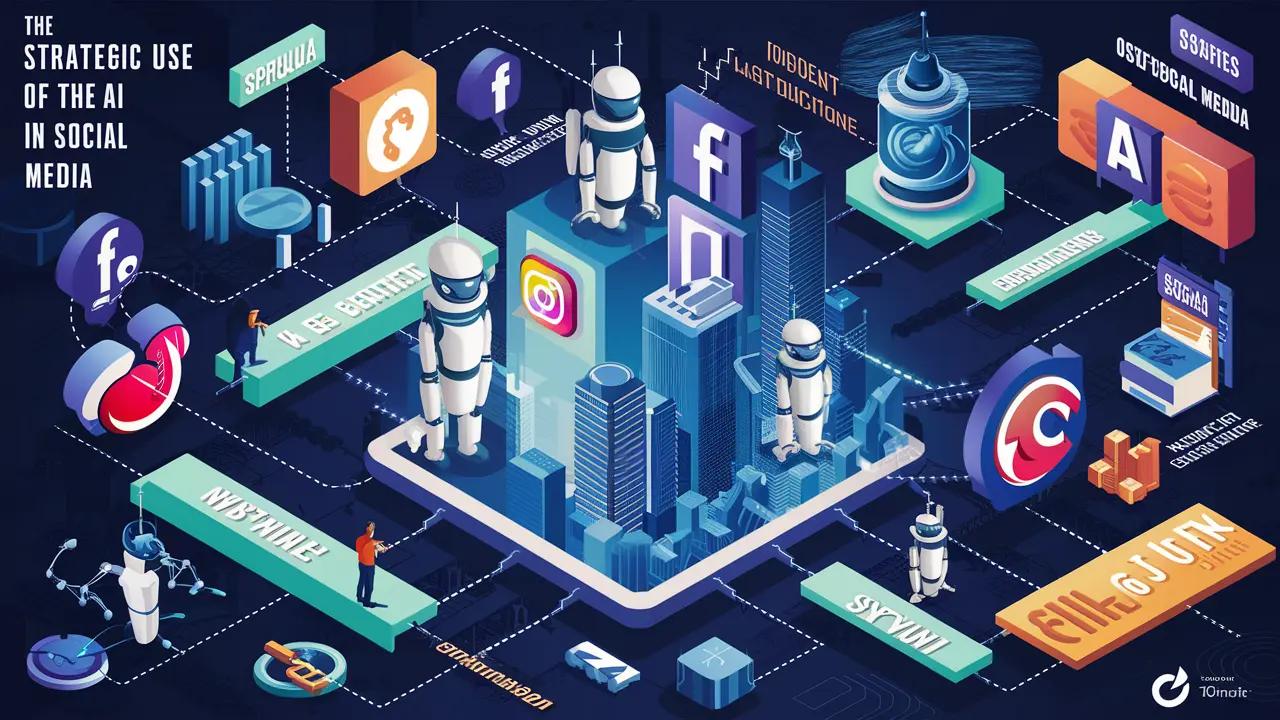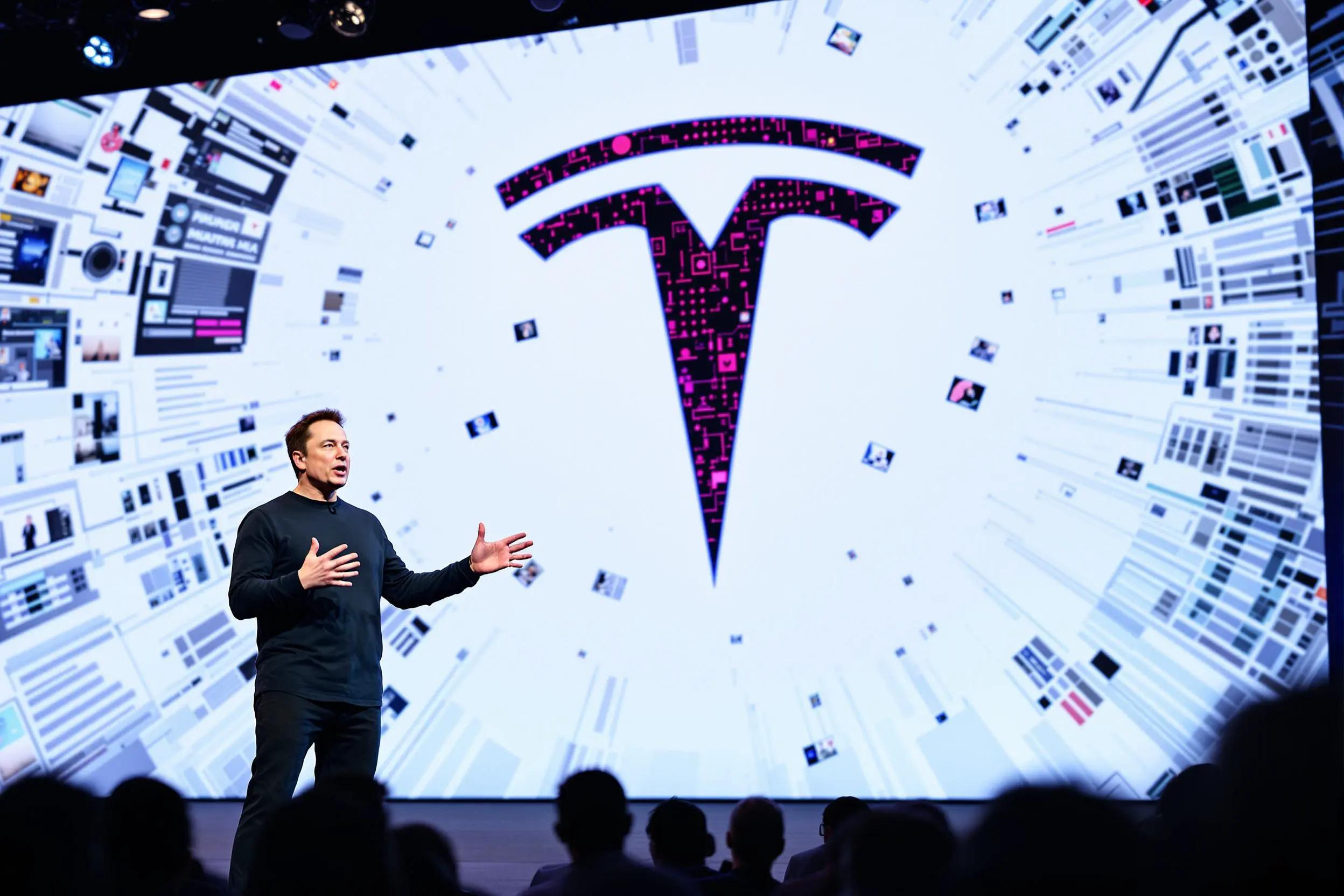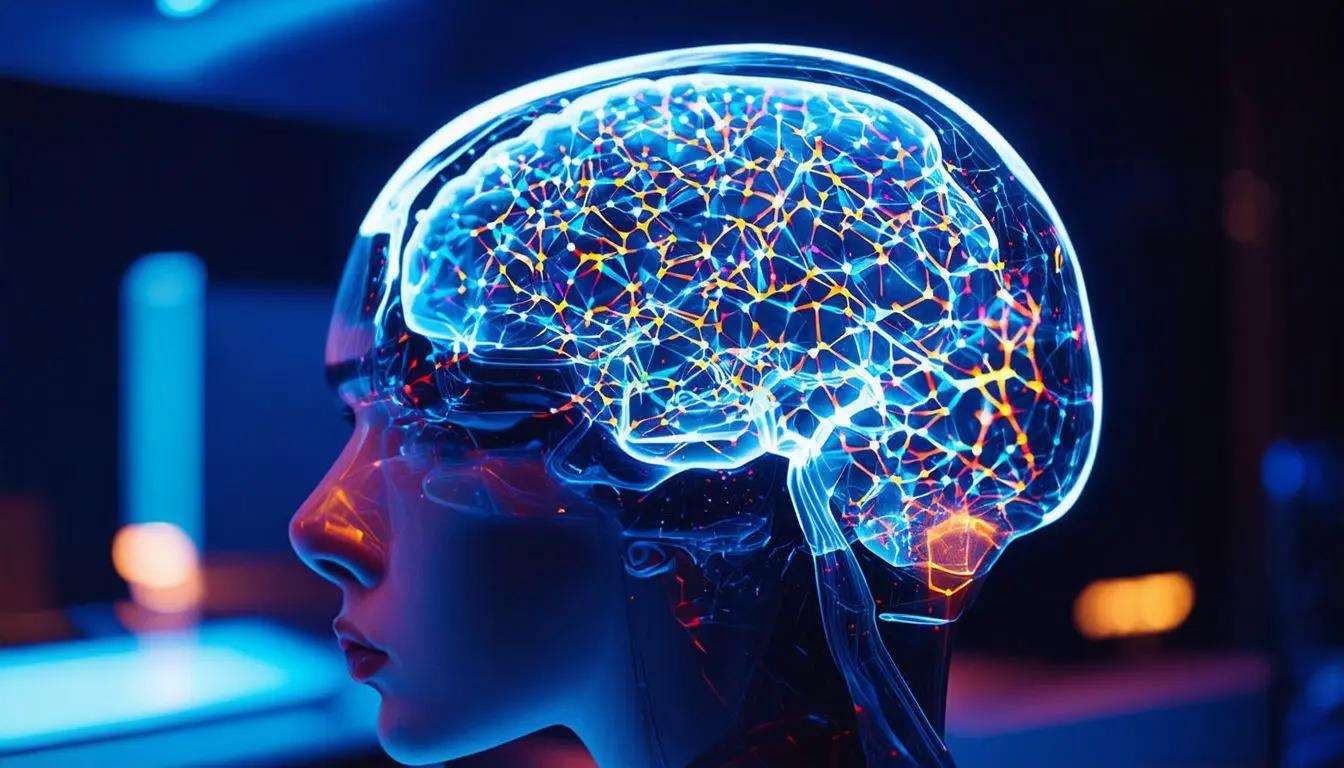May 28, 2024|10 min reading
Leveraging AI in Social Media: Strategies and Best Practices

Artificial intelligence (AI) has revolutionized various industries, and social media is no exception. In the fast-paced world of social media, brands face the challenge of collecting accurate data and creating engaging campaigns that resonate with their target audience. Imagine a coffee shop owner knowing precisely when customers crave their caffeine fix or a fashion brand delivering content tailored to individual preferences. These scenarios are not mere fantasies but realities made possible by the fusion of AI and social media. In this blog, we'll explore ten practical ways to leverage AI in your social media strategy, complete with real-world examples and actionable tips.
What is AI in Social Media?
AI in social media involves using algorithms and advanced data analytics to understand user behavior, preferences, and interactions. This data helps predict trends, automate tasks, and optimize strategies for enhanced engagement and results. Imagine scrolling through your favorite social media platform and finding content that perfectly matches your interests, receiving instant answers to your queries, and seeing ads tailored specifically to you. AI is the driving force behind these personalized experiences, shaping the future of social media.
How AI is Shaping the World of Social Media
AI has ushered in a transformative wave across various aspects of social media. It has significantly impacted marketing, with 90% of companies integrating AI to enhance customer journeys and overall experiences. Furthermore, three-quarters of businesses have reported revenue growth by implementing AI-driven marketing strategies. Let’s delve into how AI is redefining the social media landscape.
Personalization
AI analyzes user behavior and preferences to deliver tailored content, ensuring users see posts relevant to their interests. For instance, Netflix's recommendation system suggests shows and movies based on viewing history, creating a highly personalized experience.
Chatbots
AI-powered chatbots provide instant responses to user queries, enhancing customer service efficiency. For example, Sephora's chatbot on Facebook Messenger offers makeup tips and product recommendations, improving user engagement.
Content Generation
AI algorithms can generate compelling social media content quickly. OpenAI's GPT tool, for example, crafts engaging social media posts, allowing marketers to focus more on strategy and less on content creation.
Image and Video Analysis
AI can analyze visual content, automatically tagging objects and people. Facebook uses AI to identify and tag individuals in photos, streamlining the user experience.
10 Ways to Use AI in Social Media
AI has transformed social media for marketers and salespeople, enabling them to optimize operations and achieve better outcomes. Here are ten ways to use AI in your social media strategy to enhance your brand’s success:
1. Sentiment Analysis
AI-powered sentiment analysis tools gauge public sentiment toward your brand, products, or campaigns. By analyzing user comments and interactions, you can understand how your audience perceives your content. Sprinklr's sentiment analysis tool accurately interprets social sentiments, helping you adjust strategies in response to changing opinions.
2. Predictive Analytics for Targeted Marketing
AI predicts trends and user behavior, aiding in content planning and strategic decision-making. By analyzing historical social media data, AI algorithms can determine which products or features are likely to perform well. Starbucks uses AI to suggest offers to nearby customers, leveraging location and purchase data to increase average spending and customer engagement.
3. Automated Content Curation
AI assists in gathering and suggesting relevant content from across the web, saving time and ensuring a consistent flow of diverse social media posts. For instance, Spotify employs AI to craft personalized playlists based on users' listening patterns, enhancing customer satisfaction.
4. Influencer Identification
AI-powered tools identify potential influencers by analyzing engagement rates, follower counts, and content quality. This ensures your influencer partnerships align with your target audience. L’Oréal uses AI to find influencers for its campaigns, ensuring authentic and resonant partnerships.
5. Real-Time Trend Monitoring
AI enables real-time monitoring of trends and conversations across social media platforms, allowing you to seize opportunities promptly. During the 2013 Super Bowl blackout, Oreo’s quick response with the “You can still dunk in the dark” tweet exemplifies the power of real-time trend monitoring.
6. Ad Targeting and Personalization
AI algorithms optimize ad targeting by analyzing user data, ensuring your ads reach the right audience and increasing conversion chances. Netflix excels in personalization, tailoring content recommendations based on viewing history to keep users engaged.
7. Image and Video Recognition
AI can automatically recognize objects, scenes, and faces within images and videos, helping tag products, locations, or people in posts more easily. Pinterest’s “Lens” feature uses AI to analyze user images and suggest visually similar pins, encouraging content discovery.
8. Social Listening at Scale
AI-powered social listening tools monitor brand mentions and conversations, providing insights into customer opinions and market trends. Unilever uses AI to listen to social media conversations about its products, helping strategize marketing decisions based on customer perceptions.
9. Chatbots for Customer Service
AI-driven chatbots offer round-the-clock customer support, answering FAQs and resolving issues promptly. KLM Royal Dutch Airlines’ AI chatbot, BlueBot, assists passengers with booking, providing flight information, and answering FAQs on Facebook Messenger, enhancing customer experience.
10. Content Generation
AI algorithms can create blog posts, captions, and other content. While AI-generated content shouldn’t replace human creativity, it complements your content calendar, especially for data-driven news and reports. The Washington Post uses Heliograf, an AI-powered tool, for real-time news reporting, allowing journalists to focus on complex issues.
Tips for Implementing AI in Social Media
Here are some tips for integrating AI into your social media efforts effectively:
Define Your Goals
Set clear goals for integrating AI into your social media strategy. Whether it's improving customer service or optimizing content, well-defined goals guide your AI implementation.
Choose the Right Tools
Select AI tools that align with your goals and business needs. Spend time finding the tools that best suit your requirements.
Data Privacy and Security
Ensure compliance with data privacy laws and prioritize user data security when using AI. Transparency about data usage builds trust with your audience.
Human Oversight
While AI can automate many processes, human oversight is essential. Monitor and edit AI-generated content to ensure it aligns with your brand’s voice and values.
Continuous Learning
AI algorithms improve over time. Continuously monitor performance and adjust to enhance accuracy and productivity.
Wrapping Things Up
The fusion of AI and social media has unlocked numerous possibilities for businesses aiming to strengthen their online presence. From predictive analytics to personalized content delivery, AI empowers brands to connect with their audiences more deeply. As the AI landscape evolves, embracing these innovations can give you a competitive edge in the dynamic world of social media marketing.
If you want to streamline repetitive tasks and focus on strategic work, consider adopting AI tools mentioned in this article. Sprinklr’s suite of AI-powered services can elevate your engagement, content creation, and customer interactions, setting the stage for remarkable success. Explore Sprinklr's offerings today and transform your social media strategy.
Frequently Asked Questions
Can small businesses benefit from AI in social media?
Yes, AI can benefit businesses of all sizes. Numerous affordable AI tools and platforms can be leveraged effectively by small- and medium-sized enterprises.
Will AI replace human roles in social media management?
No, AI enhances human capabilities rather than replacing them. AI can automate tasks and offer data-driven insights, but human creativity, relationship-building, and strategic decision-making remain essential.
Are there risks associated with using AI in social media?
Yes, there are risks such as data privacy concerns, algorithm biases, and potential misinterpretation of AI-generated content. Implementing AI responsibly and staying informed about its ethical implications is crucial.
By leveraging AI in your social media strategy, you can stay ahead of the curve and achieve unparalleled success in engaging and growing your audience.
Explore more

Elon Musk’s Vision: AI, Mars, and a Future of Abundance
Explore Elon Musk’s predictions on AI, Tesla’s Robotaxi plans, Starship’s Mars mission, and the role of robots in a futu...

Unlocking the Future: The Revolutionary Potential of Brain Image Reconstruction Technology
Discover how brain image reconstruction technology is pushing the boundaries of science and art by decoding thoughts int...

Can Artificial Intelligence Replace Human Intelligence?
Exploring the capabilities and limitations of AI in comparison to human intelligence.
